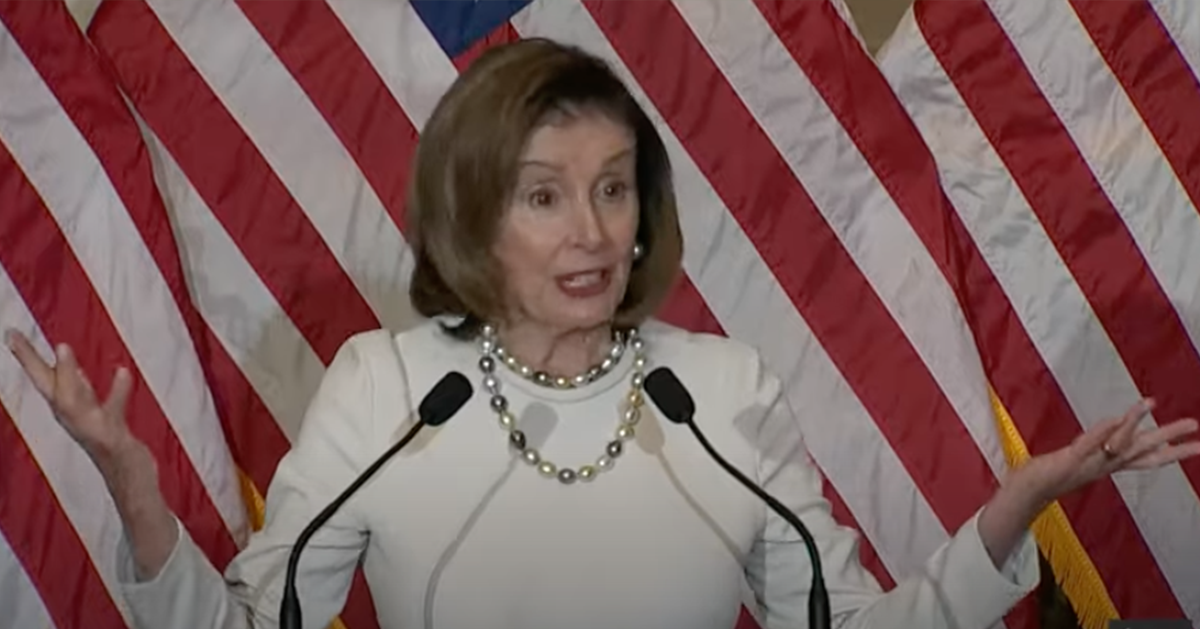RFK initiates personnel overhaul at HHS, fires Fauci's wife
In a bold move to reshape the Department of Health and Human Services (HHS), Secretary Robert F. Kennedy Jr. has initiated substantial staffing changes, including dismissing Christine Grady -- spouse of Dr. Anthony Fauci -- from her position at the National Institutes of Health (NIH).
The staffing overhaul, reported by Politico, is part of a larger strategy focused on prevention rather than reactive healthcare, as Breitbart reports.
Under the administration of President Donald Trump, HHS, guided by Kennedy, is undergoing a significant restructuring aimed at addressing the country's health challenges more effectively.
With Americans experiencing worsening health outcomes despite skyrocketing expenditures, Kennedy has prioritized realigning the department’s goals.
Grady's dismissal seen as part of broader strategy
Grady, who led NIH Clinical Centers’ bioethics department, was personally dismissed by Kennedy. This decision is part of a broader overhaul designed to reduce workforce and redirect focus.
Alongside Grady, several of Anthony Fauci’s former colleagues have been reassigned as part of this strategy, marking a notable reshuffle within the organization.
Dr. Eric Topol commented on the changes, noting concerns that the dismissal of committed professionals might be unnecessary, if not outright harmful. Despite these concerns, Kennedy remains focused on the broader goals of the restructuring effort.
The NIH’s infectious disease office, along with sections of the Food and Drug Administration, has also experienced significant leadership changes.
These adjustments align with Kennedy’s broader aim of focusing HHS resources on preventive strategies rather than traditional sick care models.
Budget, efficiency concerns motivate changes
Kennedy’s actions come in response to escalating costs and perceived inefficiencies within the department. The agency's budget, which now reaches $1.9 trillion annually, has seen a 38% increase over the past four years. However, this rise in spending has not correlated with improved health outcomes for Americans.
The secretary acknowledged the challenges associated with the personnel changes, expressing sympathy for those affected. He emphasized the need for reform, highlighting the failure of current strategies and the necessity for a shift towards preventive measures.
Despite reassurance that essential services like Medicare and Medicaid would not be impacted by the overhaul, some anxiety remains among HHS staff and stakeholders. Kennedy continues to advocate for these sweeping reforms as a means to improve national health standards.
Reactions, predictions emerge
Kennedy stated that the realignment is integral to halting the chronic disease epidemic and revitalizing the nation’s health system. Describing the initiative as “a win-win for taxpayers and every American we serve,” Kennedy outlined the potential benefits of a restructured department.
While the restructuring has faced criticism, many within the department have recognized the necessity for change. However, the challenge remains in balancing fiscal responsibility with ensuring continued, high-quality healthcare services.
As part of these changes, certain NIH leaders have been encouraged to transition out of their federal roles. This includes not only leaving positions but potentially considering future opportunities that align more closely with the new focus of HHS.
Long-term impact of changes awaited
Looking ahead, Kennedy is committed to focusing HHS efforts on preventing illness rather than solely treating it. The restructuring process reflects a clear departure from past strategies and emphasizes the importance of efficacy and efficiency in dealing with health challenges.
As these adjustments continue to unfold, they will likely remain a focal point for discussions on health policy and department strategy. The broader implications for health care delivery in the United States will unfold over the coming months and years.
The staffing changes implemented at HHS under Kennedy's supervision illustrate a definitive shift towards a new strategic direction. The reaction from within and outside the department underscores the complexities and potential benefits of such a comprehensive overhaul.




